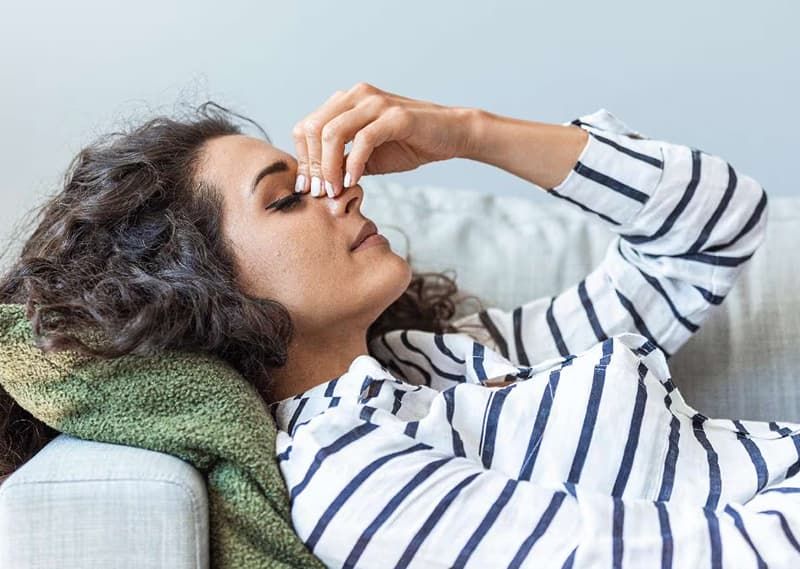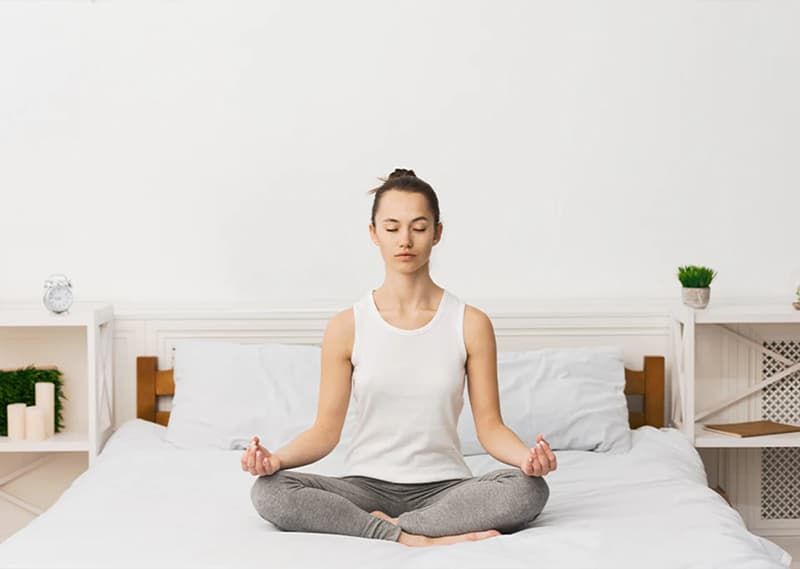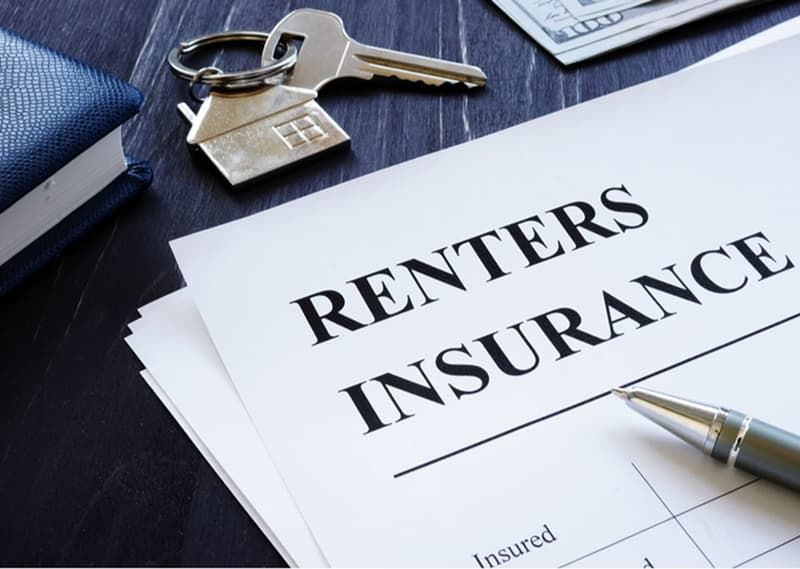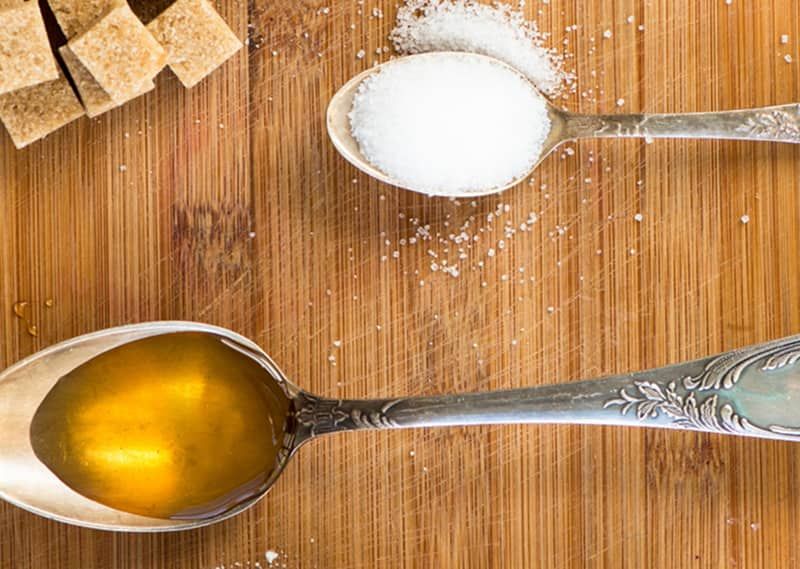Period Fatigue and How to Deal with It
If you menstruate, you understand the feeling: the morning alarm clock sounds, and despite a rejuvenating evening’s sleep, your body is heavy, tired, and utterly spent. Lethargy that strikes at your period is more than “in your head.” Physicians verify it’s the very real physiological symptom brought on through an interaction of fluctuating hormones, blood loss, and lifestyle issues. The great news? If you know what’s going on within your body, there are actionable steps that you can do in order to beat the sluggishness and regain your vitality.

One of the primary reasons behind period fatigue is changing hormones. In a regular menstrual period, levels of estrogen and progesterone increase and decrease at certain times. Both of these hormones decline rapidly in the days before the menstrual period, and this may influence brain neurotransmitters such as serotonin. Affecting mood and energy, serotonin depletion oftentimes results in individuals feeling low, irritable and tired. This transition is likened by some physicians to a form of seasonal affective disorder in that a hormone change combined with brain chemicals producing can drain one of energy. In it, shifting hormones are followed by brain chemicals that sap an individual’s energy.
Another measurable cause is blood loss. People on average lose about 30 to 40 milliliters of blood per period, but overbleeding can produce enormously higher volumes. That lost blood, of course, is lost iron. It takes iron in order to produce hemoglobin, the protein within the red blood cells that carries oxygen throughout the body. With borderline deficiency of iron, tissues are getting less oxygen, and this makes one feel weak and tired. What physicians also routinely remark upon is that even if blood work does not register obvious anemia, low borderline figures can still produce significant tiredness at the time of menstruation.
Sleep disturbance comes into play, as well. Gynecologic studies find more disturbed nights preceding and after menstruation, usually for bloating, cramps, or shifts in temperature. Spontaneous elevations in body temperature in the luteal phase, just before menstruation, render falling asleep and staying asleep more difficult, as research has noted. The result is a vicious circle: poor sleep makes individuals more fatigued, and the aftereffects of subsequent-day symptoms therefore appear more onerous.
So how do you turn this tiredness around? Physicians traditionally advise first looking to diet. Having enough iron, with foods such as lean red meat, lentils, spinach, and fortified cereals, can offset losses on a monthly basis. Iron absorption is boosted by combining iron-rich foods with vitamin C-rich foods, including oranges or bell pepper. Another common and painless measure is hydration as well because dehydration may exacerbate fatigue and headaches that may occur during menstruation.
Exercise, paradoxically when you feel fatigued, does work. Mild exercise such as walking, yoga, or even just swimming gets the circulation going and releases those wonderful mood-improving endorphins, lifting mood and battling energy slump. In fact, several studies suggest that women who maintain regular exercise routines throughout their cycle experience fewer severe dips in energy than those who remain sedentary. It’s not about high intensity, it’s about consistency.
Sleep hygiene is also necessary. Physicians recommend keeping a regular sleeping schedule and creating a cool, dark space in a bid to reverse the mild rise in body temperature at this time. Avoidance of caffeine in the afternoon and reduction of exposure to screens before bedtime also works. In instances where the prime disturbing factor is cramping, it ought to be possible, using heating pad or over-the-counter medication, to ease the body adequately and permit restful sleeping.
Medical assessment is in some cases necessary. The period fatigue may be extreme and persistent or with intense bordering bleeding and dizziness or shortness of breath, in that case, it may indicate anemia, thyroid problems, or the presence of underlying gynecological diseases such as endometriosis. A physician can recommend blood tests in order to monitor the level of iron and, in case of a need, prescribe some additions or other therapy. Dealing directly with these conditions can have an enormous influence on daily energy.
After all, fatigue over time is a complex topic. Blood loss, hormones, sleep and lifestyle all collide to result in the tiredness most people feel once a month. Practical, specific solutions can be found however, if the science behind it is understood. A mix of conscious eating, light exercise, sound sleep habits, and proper medical attention when required, can help you mitigate fatigue and take things into your own hands when it comes to your period. Rather than fatigue regard as being an inevitable burden, fatigue instead can turn into a cue: a cue to rest, self-care, and better health decisions.
 Disclaimer:
Disclaimer:
The content provided on our blog site traverses numerous categories, offering readers valuable and practical information. Readers can use the editorial team’s research and data to gain more insights into their topics of interest. However, they are requested not to treat the articles as conclusive. The website team cannot be held responsible for differences in data or inaccuracies found across other platforms. Please also note that the site might also miss out on various schemes and offers available that the readers may find more beneficial than the ones we cover.
Featured Articles
-
 Travel
TravelUnveil the Most Wallet-Friendly Ways to Get Around for Any Thrifty Explorer
-
 Health & Wellness
Health & WellnessFive Yoga Poses that Help You Sleep Well before You Go to Bed
-
 Health & Wellness
Health & WellnessPeriod Fatigue and How to Deal with It
-
 Travel
TravelInsider Strategies to Unlock Last-Minute Flight Deals
-
 Finance
FinanceFive Good Reasons to Invest in Renter’s Insurance
-
 Health & Wellness
Health & WellnessCorn Syrup or Cane Sugar: Which One Is Really Better for You?




